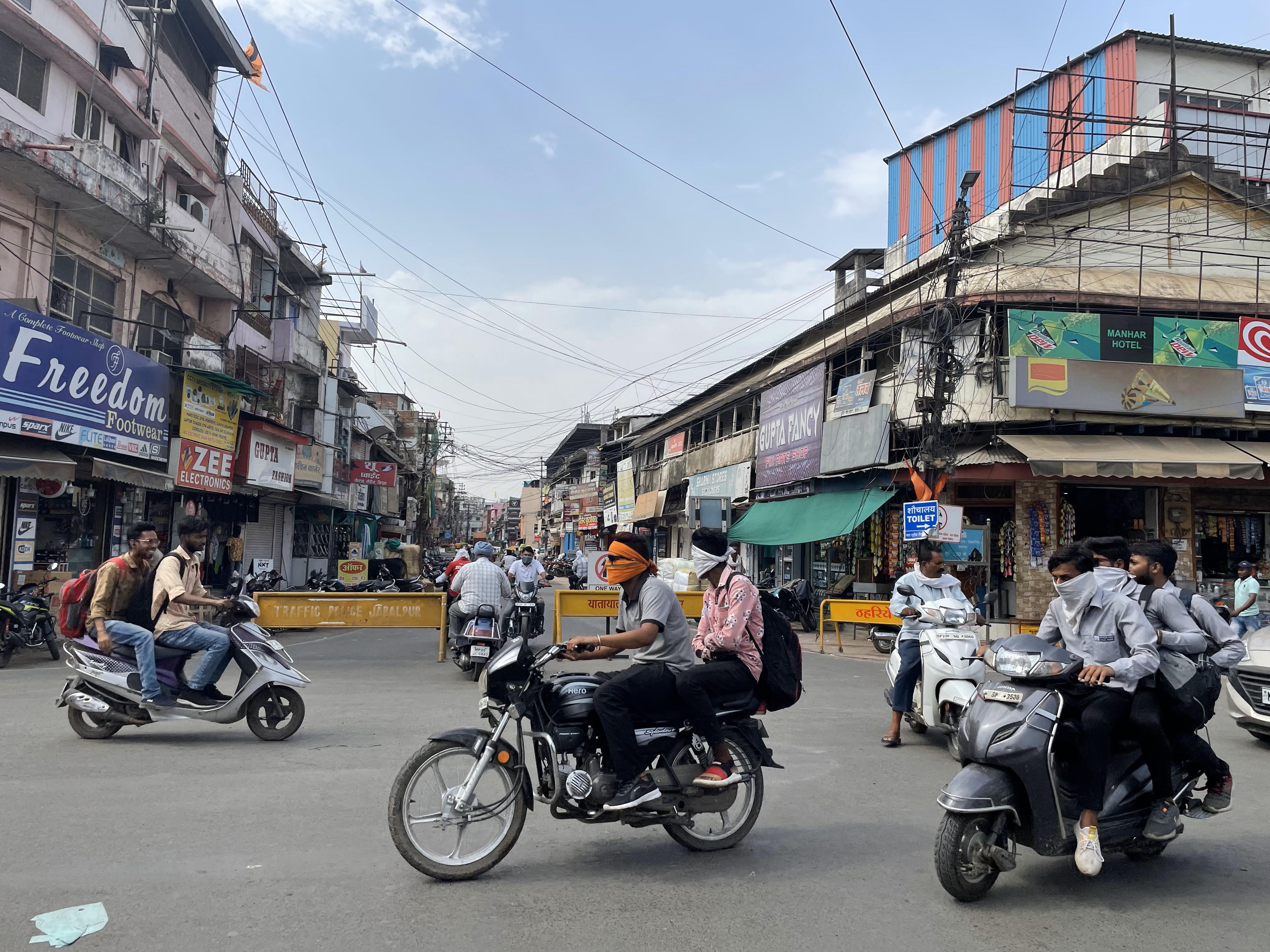Just Transitions on Indian Streets (JusTIS)
Overview
Just Transitions on Indian Streets (JusTIS) is a collaborative research project that explores how Indian cities can respond to climate change in ways that are fair and inclusive for street-based workers. These workers—such as street vendors, platform workers, and informal transport operators—play a vital role in everyday urban life but are often excluded from decisions that shape the cities they help sustain. As India undertakes major urban and climate transitions, the project seeks to centre the voices, experiences, and knowledge of these workers in planning for more equitable and sustainable urban futures.
The project views the street not just as a space of mobility and commerce but as a key site where climate impacts are directly experienced, where everyday survival strategies are practiced, and where struggles for workers’ rights are played out. JusTIS develops a critical decolonial praxis of dignity and recognition, addressing the systemic invisibility and misrecognition faced by street-based workers in both climate and urban policies. By documenting workers’ knowledges, practices, and histories, the project aims to challenge top-down approaches to climate action and promote more grounded, inclusive alternatives.
With an aim is to develop a deeper understanding of how cultures of misrecognition and systemic invisibility affect street-based workers, JusTIS takes a comparative approach to understanding the impacts of climate change on streets in major Indian cities. By examining the experiences of these workers in Bengaluru, Delhi, and Kolkata, the project explores how social injustices and climate vulnerability intersect with each other. The research uses an interdisciplinary methodology, including surveys, oral histories, archival research, and workshops, to capture a comprehensive picture of these issues.
JusTIS will produce several key outputs to share its findings. These include peer-reviewed journal articles—with a focus on just transitions, informal work, dignity, and climate justice in urban contexts; an academic workshop on just transitions in Indian cities; an edited volume of the papers presented at the workshop; outreach and engagement through conferences and public events; public-facing blogs and op-eds; and a policy brief for policymakers and advocacy groups.
In brief
Duration
1 April 2025 – 31 March 2027
Funder
British Academy
Partners
Ritajyoti Bandyopadhyay (Indian Institute of Science Education and Research Mohali), Anwesha Ghosh (National Law School of India University), and Aravind Unni, an urban researcher, practitioner, and activist based in India.
Principal Investigator
Researcher and main contact for the project



